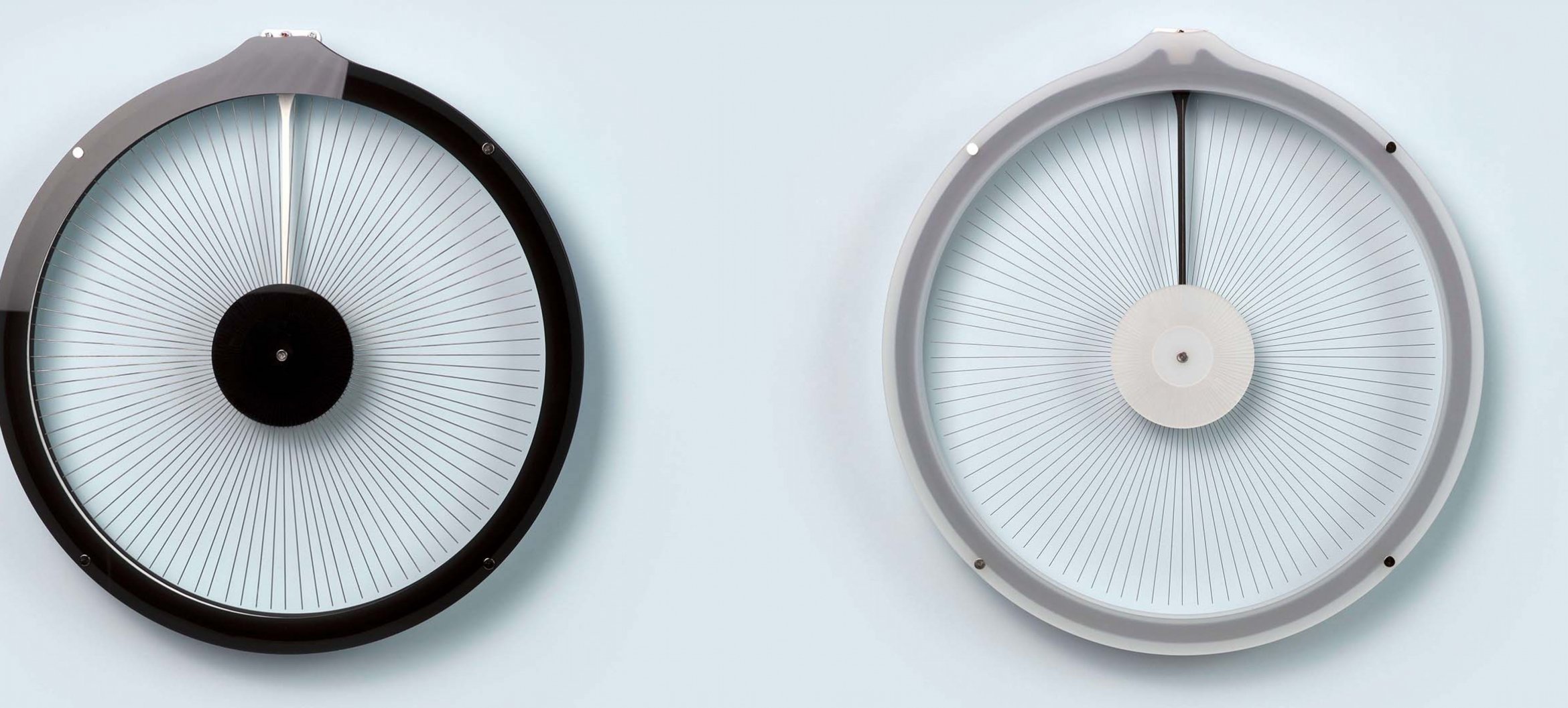Guarding your time: when is enough really enough?
You've been given a commission to deliver for a fixed price, but when do you call it quits? Once you've worked X number of hours? Or once you've completed your next magnum opus? Of course, we all want to feel good about what we've made, but at what point do you decide it's good enough? In the coming weeks, alumni Tim Bongaerts and Lars Meijer will write a number of articles with only one goal: moving your entrepreneurship forward with practical tips.

How many appointments have you got planned this week? Or do you immediately get dizzy when you think about all the deadlines you're still supposed to make? Having a clear overview of how much time you spend on certain activities can teach you something about your own work process. How do you build that awareness? If you follow the lead of some of the websites on time management out there, you should operate almost machine-like. Live a life in which every moment is made productive. The French poet Paul Valéry once wrote: "A poem is never complete, only abandoned." On paper, that may be a beautiful idea, but how is an artist supposed to finish a commission according to this philosophy?
It is hard to decide when a work of art is done. The creative process is different for everyone, and on top of that, many of us feel a personal connection to our work. Artists can have a difficult time accepting that a particular work may not be their very best. And that anxiety can lead to people overworking themselves. Before the summer break, we spoke to writer Frederike Luijten, who told us the following about the identification between artists and their work: "When somebody's entire identity is invested in the work, the chance of a burnout increases." But there is also a simple financial reason to monitor the number of hours you spend on a commission:
"Lars and I took on a fixed-price commission a few years back. We were very excited to deliver a good product and we kept putting in more and more time. In this case, the commission was worth it, and we managed to make something great out of it. But when I look back on it, there's a lot we can learn from our time management back then. If you're prepared to work endlessly for every commission, you're selling yourself short. Some clients will pay for a Mazda, and you shouldn't try to give them a Maserati."
Effective time management can be a challenge, so we scanned the internet once more, looking for practical tips that can help you develop more insight into your own time management and schedule:
Translate a fixed price to an hourly wage. If you're offered a particular fixed price, it can help to split it up into an hourly wage (e.g. €500 divided by 15 hours is about €33 per hour). You don't need to stick to this exactly, but this will help you make sure you don't end up working way more hours than you're getting paid for.
More time doesn't equal better quality. Spending more time on something doesn't guarantee that it improves. Often, it's better for both you and your work to leave the project alone for a little while and return later, well-rested and more effective.
Break the project up into smaller pieces. When a project is very big, it can be useful to make a list of all the smaller activities required to complete it. That way, you can work on the project without being totally overwhelmed by the scope.
Laziness is part of the process. Art doesn't always agree with the logic of productivity. Some things simply don't go faster when you pressure yourself. After all, we have some of our best creative ideas when we take some time off and daydream with our feet up.
Get to the execution quickly. It can feel nice and safe to get involved with endless research at the beginning of a commission. Everything is still possible! But watch the time: when are you going to start actually making the work? Restrict yourself to two or three sources and limit the time you spend on preparatory research.
Not all things are equally important. We know from experience that it's easy to lose yourself in a detail of your work, while you continue to neglect the larger, scarier tasks. Make sure to remind yourself of where your priorities ought to lie.
Respect your agreements with yourself. Decide in the morning at what time you want to stop working, and respect that agreement with yourself. It can be super tempting to spend an extra hour working on that other project, while you really should be going to sleep. Be strict! You also deserve rest!
In the creative industry, it can seem totally normal to work late or sacrifice free days for a commission. And even though that may sometimes be necessary, ideally that should be the exception, not the rule. It's important to guard your own boundaries and your time, so that you don't push yourself beyond your limits. We hope these tips will help you structure your work better and leave more free time for yourself. Good luck!
More practical articles by Tim and Lars:
Who, what, where: finding your way around local initiatives
Standing strong: how to deal with (unreasonable) clients
That's mine! Copyright and intellectual property
The importance of a business plan: getting your ambitions in focus
Tips for effective networking: ‘let the words come by themselves'